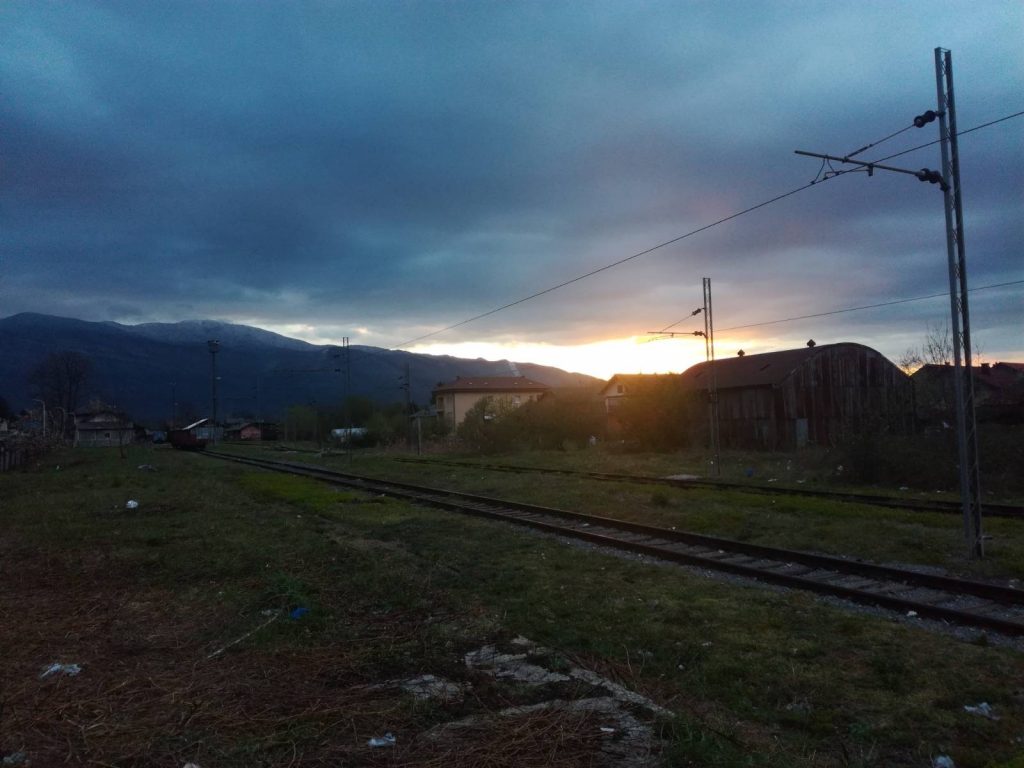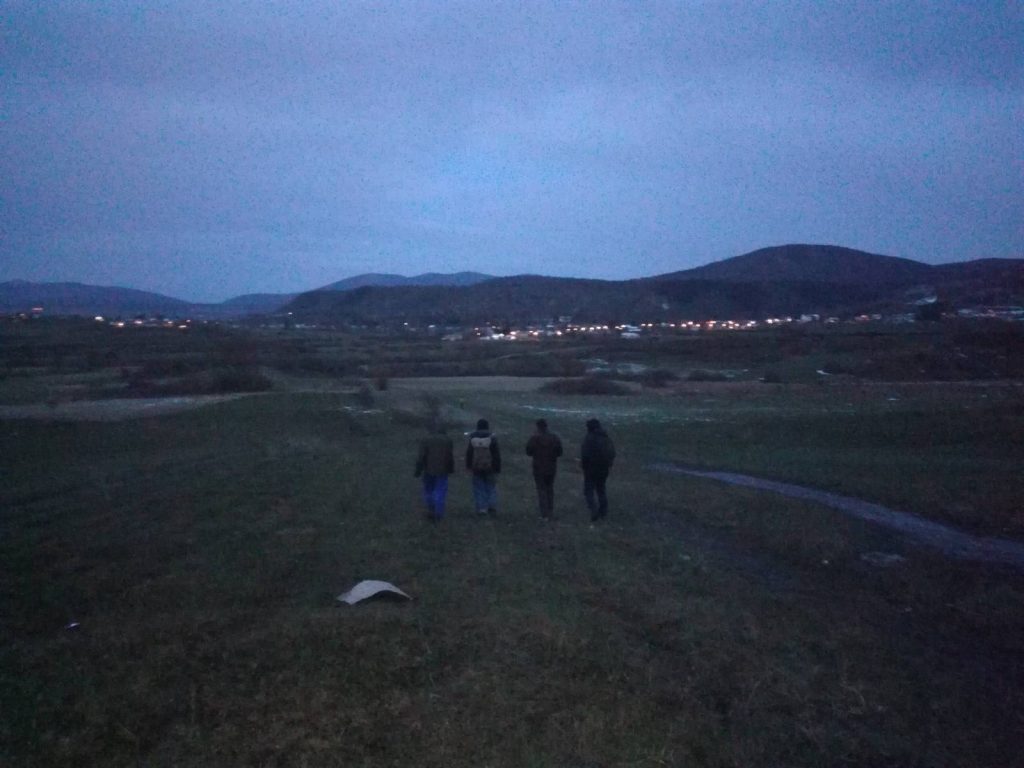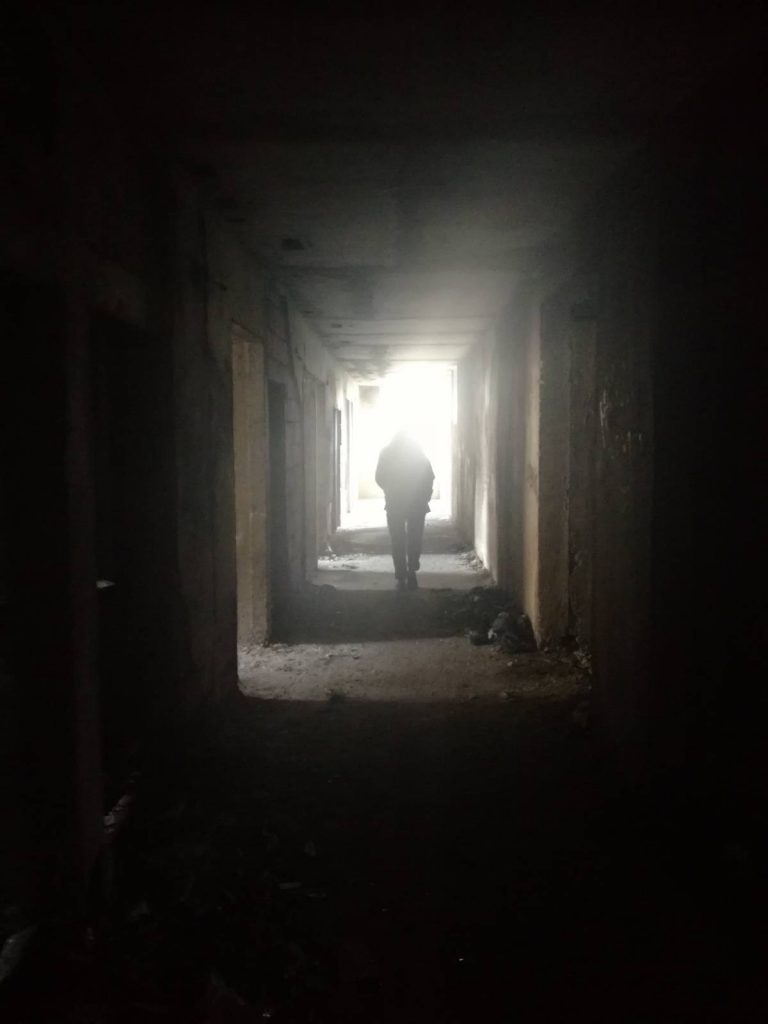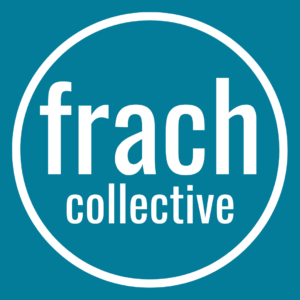ÜBER FRACH
Was für uns im Mittelpunkt steht, ist die Solidarität mit geflüchteten Menschen und People on the Move. Dabei ist es uns wichtig, im stetigen Austausch mit den Menschen zu stehen, um tatsächliche Bedürfnisse abdecken zu können. Derzeit ist der Zugang zu Grundbedürfnissen wie Nahrungsmitteln, sanitären Anlagen und medizinischer Versorgung weitgehend nicht gewährleistet, weswegen wir unseren Fokus vorrangig auf diese ausrichten.
Eine hauptsächlich symptomorientierte Herangehensweise ist in der aktuellen Situation leider schwer vermeidbar. Neben der bestmöglichen Abdeckung der Grundbedürfnisse und der aktiven Vertretung von Menschenrechten, legen wir einen weiteren Fokus auf Langzeitprojekte, welche wir in Kooperation mit anderen, insbesondere auch lokalen, Menschen und Organisationen ausbauen möchten.

We see the frachcollective as a self-governed, grassroot collective built on the principles of direct democracy and equal rights. We strive to abolish hierarchies and to take decisions by consensus.
Wir sprechen uns aktiv gegen jegliche Diskriminierungsformen und Menschenfeindlichkeit aus und legen Wert auf einen offenen und respektvollen Umgang untereinander sowie mit anderen Menschen und Gruppen. Dementsprechend versuchen wir stets antirassistisch, antisexistisch und antifaschistisch zu handeln und denken. Dazu gehört die Reflektion und Hinterfragung der eigenen Rolle und der Rolle des Kollektivs generell und insbesondere hier vor Ort.
Unsere mehrheitlich privilegierte Positionierung erzeugt nicht nur gegenüber den People on the move auf verschiedenen Ebenen Machtgefälle, die es mitzudenken gilt. Auch der Kontext der bosnischen Realität, in dem unsere Arbeit stattfindet, ist von Ungleichheiten in der strukturellen, ökonomischen und politischen Ausgangslage geprägt. Dies birgt Gefahren, Hierarchien zu reproduzieren und erfordert das stetige Hinterfragen und Bemühen der eigenen kulturellen Sensibilität und Motivation.
We are located in Bihać (Bosnia&Herzegovina) directly at the external border of the EU and try to support refugees in transit. Since the context, in which we are working is very complex, a thorough preparation for the local conditions is essential. We try to integrate our understanding of the local structures, the population and the economic, political and social situation in our work here. The Bosnian war was only 26 years ago: the self-assignment and structural separation into different ethnic groups and the resulting conflicts continue to exist for the most part. The consequences of the war are still present everywhere.
Die Folgen des Krieges sind weiterhin überall gegenwärtig. Auch die Stadt Bihać hat eine prägende geschichtliche Vergangenheit, die im Stadtbild präsent ist.

Die Organisation und Gruppenstruktur unseres Kollektivs befinden sich noch im Aufbau. Auf der einen Seite ist dies dem kurzen Bestehen unserer Gruppe geschuldet. Andererseits wollen wir uns diese Beweglichkeit auch über die nächsten (hoffentlich) Jahre hinweg erhalten. Der Großteil der Entscheidungsfindung obliegt den Menschen vor Ort, somit ist die Gruppe und Arbeitsstruktur stets wandelbar. Damit die Arbeit und Repräsentation der Gruppe dennoch mit einer gewissen Basis bestehen kann, ist es und wichtig, dass bestimmte Wertvorstellungen und ethischen Grundsätzen fest verankert sind und ein Wissenstransfer gewährleistet ist.
Hier vor Ort zu sein bedeutet, mit einer oft ausweglos scheinenden Situation konfrontiert zu sein. Die Entscheidungsfreiheit der Menschen wird enorm eingeschränkt, Grundbedürfnisse werden verweigert, Menschen werden physisch und psychisch misshandelt und gefoltert. Gegen vieles davon sind wir machtlos und können lediglich einige der Symptome, oft unzureichend, zu behandeln versuchen. Deswegen wollen wir unsere Erfahrungen hier vor Ort nach außen, zurück in die EU tragen. Denn die Ursachen für die miserablen Bedingungen vor Ort liegen hier, im europäischen Abschottungs- und Grenzregime.
We as a collective demand the abolition of all camps and freedom of movement for all people. Fight fortress Europe!

